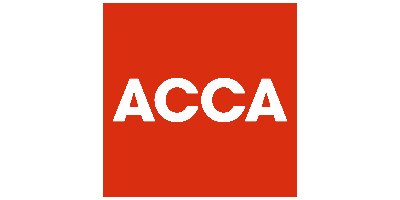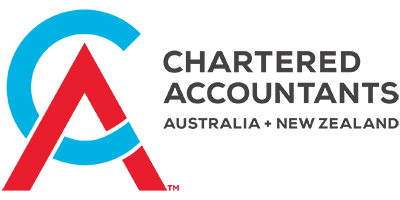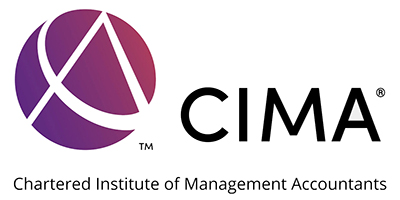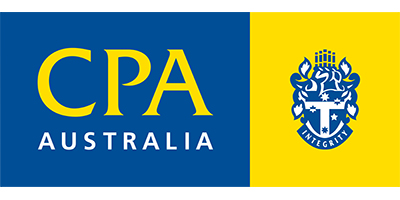- Study load
- Full time
- Program code
BP351
- Duration
- 3 years
- Application deadlines
-
14 Feb 2025
10 Oct 2025
- Intakes
- Feb or Mar, Oct
- Location
- RMIT Saigon South
- Program code
- N/A
- Application deadlines
- N/A
BP351
14 Feb 2025
10 Oct 2025
The Bachelor of Accounting is an excellent pathway towards becoming a professionally certified accountant, financial advisor, or analyst, all of which are in high demand internationally. These roles are important stepping stones for advancing to Chief Financial Officer or other executive positions.
Accounting is the backbone of all business, and the program is designed to help students succeed in today's fast-paced and ever-changing business landscape, while also positively affecting your community and society.
The program stands out for its advanced curriculum aligned with global accounting standards. Notably, RMIT is among the pioneers in teaching International Financial Reporting Standards (IFRS) in Vietnam. Starting in 2025, compliance with this standard will be mandatory for State-Owned Enterprises, listed companies, and large-scale unlisted public companies across Vietnam.
The program is accredited by leading professional accounting organisations, including CPA Australia, CAANZ, ACCA, and CIMA, which provides greater recognition, credibility, and chances for senior roles along your career pathway, both in Vietnam and overseas.




The structure displayed shows the advised program structure and progression.
Students can use four electives to form a minor of their choice (each minor consists of four courses within one discipline). List of minors to choose from:
* University elective: Students can choose from elective courses offered across the university in any other program.
** Business minor option: refers to elective courses offered in this particular program.
Program guide for RMIT Saigon South and RMIT Hanoi.
| Professional body | Accreditation description | Membership and opportunities |
| Certified Practising Accountant (CPA) Australia | Program satisfies the academic requirements for direct entry into the CPA Australia program. |
|
| Chartered Accountants Australia and New Zealand [CAANZ] | Program satisfies the academic requirements for entry into the CA program. |
|
Association of Chartered Certified Accountants [ACCA]
|
Program satisfies the academic requirements for entry into the ACCA Qualification program. |
|
| Chartered Institute of Management Accountants [CIMA] | Program satisfies the academic requirements to be streamed into the Advance Route 2 pathway for the CIMA program. |
|
These professional accreditations give students the chance to stand out in the job market. Additionally, many professional accounting organisations offer benefits and resources, such as networking opportunities and continuing education programs to graduates of accredited programs. Specifically, regarding ACCA, students, post-graduation, will only have four papers left to prepare for, potentially saving them years to become fully certified.
This program is delivered through an innovative combination of traditional and modern digital platforms to promote deep, authentic and applied learning. Students will experience a range of blended learning activities (pre-class interactive activities to prepare for the lectures and tutorials, in-class engagement with lecturer and peers to advance knowledge and skills, and post-class activities to consolidate what students have learnt). Online interactive learning materials are well-developed based on a variety of modern and interactive educational tools.
All courses apply authentic assessments, which aim to enhance students' knowledge and skills and connect what they have learnt with the real business world. Assessments require students to apply the knowledge and skills obtained in the course to solve actual business problems. This is one of the best ways to prepare students for their future careers.
Many courses in the Bachelor of Accounting use guest lecturers from industry, government or the community and activities relating to industry as part of the learning experience. Work integrated learning courses are included throughout the curriculum and clearly indicated as an integrated component of course choice.
RMIT provides world-class blended learning with both face-to-face and online experiences in a global network, a supportive community, and real-world skills.
These positions provide a solid foundation for advancing to senior roles such as Member of the Board of Directors, Chief Financial Officer (CFO), Chief Executive Officer (CEO).
When you successfully complete this program, you may be eligible for entry into an RMIT honours or postgraduate program in Vietnam and Australia.
Payments can be made each semester, on a course-by-course basis.
Fee program |
Annual tuition fee(based on full time study load - 8 courses) |
Whole program fee(24 courses - 288 credits)
|
| 14,187 USD (indicative USD fee) ~ 351,264,000 VND | 42,560 USD (indicative USD fee) ~ 1,053,792,000 VND |
Notes:
Successfully complete RMIT Vietnam English Advanced, or complete one of the following English proficiency tests:
For other recognised English results, please view English equivalency requirements.
There are no prerequisite subjects required for entry into this qualification.
Previous study and proficiency tests are recognised for two years from the completion date or test date to the program commencement date unless stated otherwise.
Where you have achieved more than one form of English language proficiency only the most relevant achievement will be considered in the admission decision.
Please contact the RMIT Vietnam Student Recruitment team for more information.
Don't meet the English language test scores? Successfully complete English for University for entry into this program.
Come from a partner institution? RMIT has pathway arrangements with many partner institutions around the world. If your institution has a pathway arrangement with RMIT, you may be able to receive credit and reduce the time it will take to complete your preferred RMIT program.
Find out if your institution has a pathway arrangement with RMIT.
If you have qualifications from an institution that is not an RMIT partner, credit into your RMIT program will be assessed on a case-by-case basis.
Please contact the RMIT Vietnam Student Recruitment team for more information.